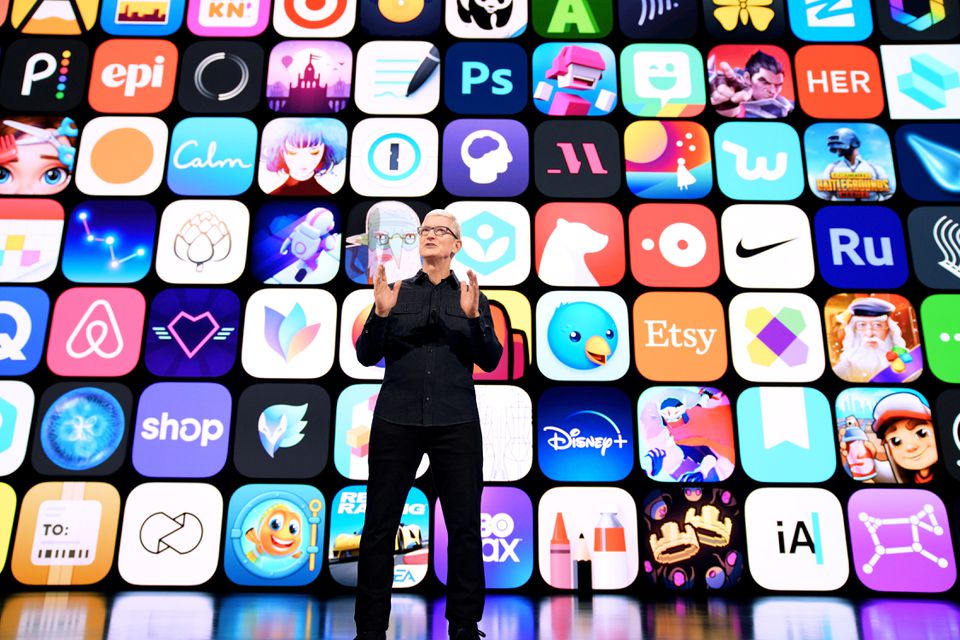
Apple unveils new tools in direct challenge to Facebook, Zoom
CALIFORNIA , June 8, 2021
Apple has unveiled new tools and technologies including macOS Monterey (the next Mac desktop operating system) designed to help developers create more engaging app experiences and make it even easier to build high-quality apps.
The IT giant said it will offer the ability to store state-issued identification cards digitally on iPhones and added user privacy protections on its iCloud storage service and email apps.
It also outlined plans to increase user privacy and keep consumer data out of other companies’ hands, laying out features including expanded video conferencing and storing virtual government IDs on iPhones.
The changes came at Apple's annual Worldwide Developers Conference for software developers, some of whom have started to complain about Apple's grip over which apps can appear on its devices, as well as its 15% to 30% commissions on digital sales, reported Reuters.
Many of the new features allow users to safeguard data, trusting the information to the Apple brand. Users will be able to scan ID cards in participating US states, and the cards will be encrypted in a user's digital wallet, along with credit cards and transit cards in some US cities.
It is working with the US Transportation Security Administration to accept the digital IDs at airports.
Its MacOS Monterey (the next Mac desktop operating system), introduces a new feature called "Universal Control," which allows users to share control of Mac and iPad devices with a single mouse and keyboard.
The macOS Monterey will also make it possible to AirPlay video, audio, documents, and other items from an iPad or iPhone directly to a Mac. The update brings the Shortcuts feature first seen on iPhones and iPads, allowing users to access IFTTT-style automated tasks and workflows on the Mac.
Apple said the existing Automator app will continue to be supported with Monterey and that users will be able to import existing Automator workflows into Shortcuts.
Apple SVP of Software Engineering Craig Federighi demonstrated the ability to simply set an iPad near a Mac, move the cursor of the latter toward the former, and have the iPad automatically recognize it. This means users can directly drag and drop files between devices, for instance. Apple demonstrated the feature across an iMac, MacBook, and iPad.
The IT giant also announced several new features for iMessage and FaceTime, including a way for you to co-watch streaming movies with a friend over your phone.
Apple also tweaked some of its apps and services in ways that could intensify its rivalries with Zoom Video Communications and Microsoft Corp's Teams, both of which gained prominence during the pandemic.
It updated its FaceTime video chat app to allow scheduling calls with multiple attendees and making the software compatible with Android and Windows devices.
Apple also introduced what it calls in-app events, a way for developers to host live events within apps and have those events featured in real time in the App Store.
Video game developers, for example, could host live tournaments and market those on the App Store, which Apple's current systems are not built to handle.
This strategic move by Apple could intensify competition with Facebook, which on Monday said it was planning to launch an online events business that would be free until 2023 and thereafter will charge commissions lower than Apple’s 30% fees for the App Store.







